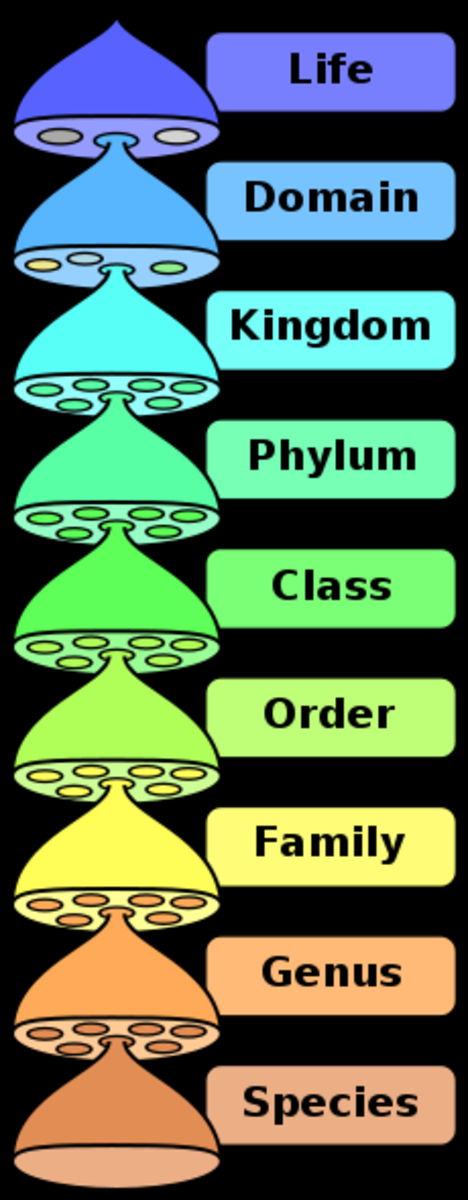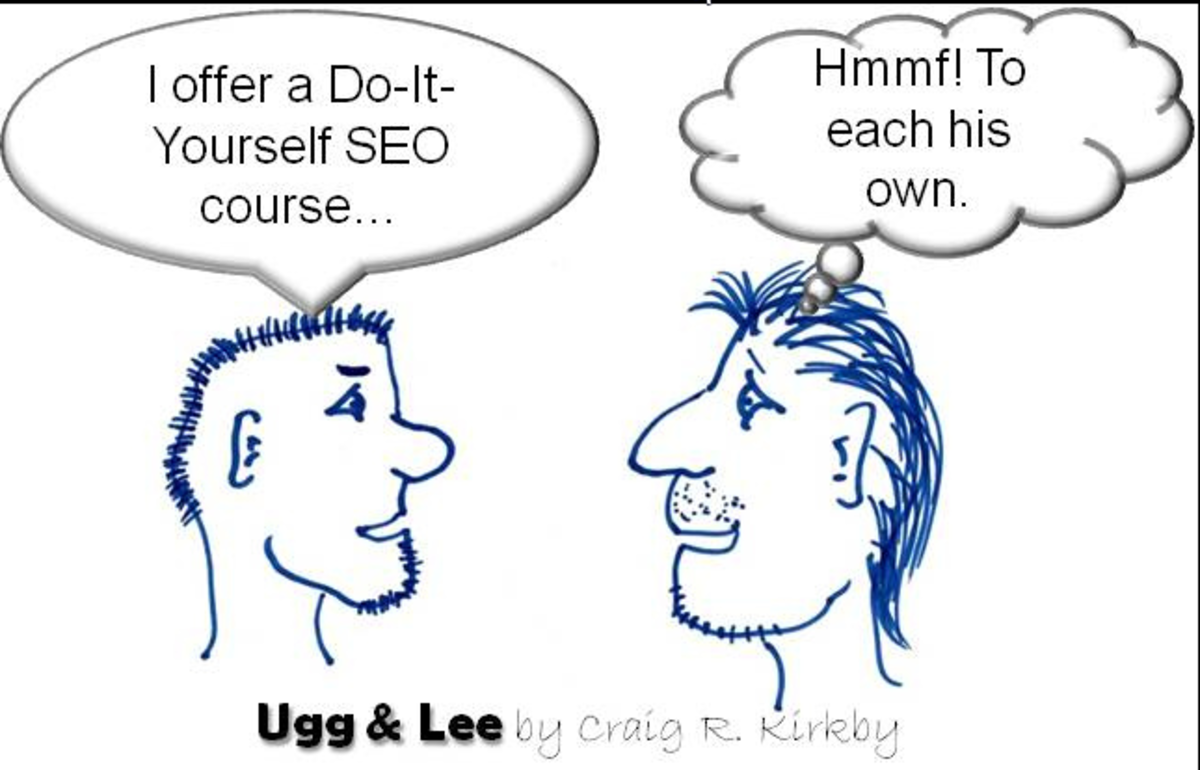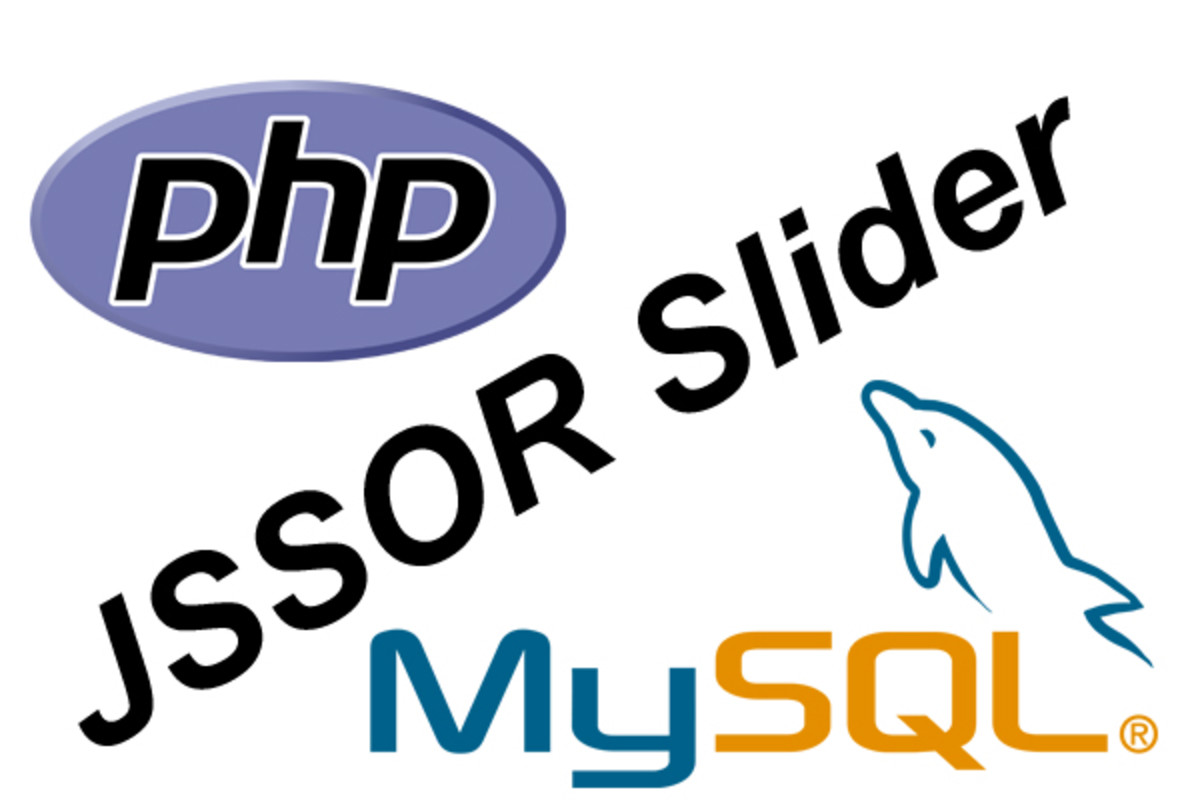Domain Name Appraisal Guide
Domain Name Appraisal Guide
Wondering how much your domain names are worth? Don't trust an automatic appraisal service! This domain name appraisal guide takes you through the basics of becoming an amateur appraiser - with no false promises or uninformed ramblings.
Two main types of domain names:
It's important to understand the ever-changing nature of the domain name industry. While some things change, others stay the same. Always remember that there are two kinds of domain names -- brandable and exact match:
- Brandable: A "brandable" keyword sounds catchy or has the possibility of being marketed toward a particular niche or audience. It is designed to stick in people's minds.
- Exact Match: Exact match keyword domain names are just that - domain names that are an exact keyword or compound keyword, like cars.com, hotels.com or vacuumcleaners.com. Short exact keywords are the most probable kinds of domain names to getting type-in traffic, and have previously had an advantage in the realm of search engine optimization for ranking for the keyword they represent . This has changed greatly with a Google algorithm that gave less favoritism to exact match keyword domains back in 2012.

About extensions
Domain name extensions also are heavy determinants of a domain name's value. One thing's for sure: .com, .net and .org, in that order, are the most valuable and most sought-after domain extensions, purely for the fact that they were the original three; and therefore, the most memorable amongst the general internet-using population.
Other extensions including .biz, .info, .mobi and the many country-specific extensions do typically take a backseat to a valuable domain name of the original three extensions. The vast majority of industry professionals would argue that no matter what point in time we're in, .com will always be the most valuable extension of all.
Domain name length
As you may have guessed, most people would be reluctant to type in a sentence-long URL. The length of your domain name is another key in its value. Obviously - the shorter, the better. This is why one-word domain names sell for hundreds of thousands (or sometimes, millions) of dollars. They're the perfect mix of being short AND brandable, making them the ultimate cornerstone of an online business.
Longer domain names are more prone to be mis-typed by internet users. They can also tend to be more easily forgotten. Short domain names of the original .com, .net and .org extensions continue to increase in demand. All 4-letter combination .com's have officially been extinct (that is, they've all been purchased and are no longer available as un-registered domains) as of 2007.

Type-In Traffic
"Type-in traffic" is the traffic a domain name receives from internet users who simply type in the domain name and see what shows up after clicking "Go." Domain names that typically get this kind of traffic may fall in the following categories:
- One-word keyword domains: Short, one-word keyword domain names are what many non-savvy (or just plain curious) internet surfers will typically type in to their browser, with the expectation to see an authoritative site as a result. So, domains such as cars.com may receive thousands of type-in visits per day just from people typing in that domain to see what's there. Perhaps you've even done this yourself: It's actually how I originally discovered dictionary.com a long time ago.
- Dot Com domains: .com's receive the most type in traffic of all extensions - it's a fact. Why? Well, it's the domain extension that most people ever think of trying first. The ".com" is more than a domain name - it's a household name. A "dot com" is synonymous with "an online business." People expect reputable businesses and services to have one for their exact name.
- Popular mistypings: Virtually since the beginning of the commercial internet, registering mistyped words and mistyped company names has been a common practice. A popular mistyped word domain name may receive tons of "mistaken" visits. One of the most infamous mistype domain names, "eaby.com," has undoubtedly pulled in tens of thousands of visits since its registration in 1998.

Language
Since English is the "global language of business," English-based domain names are more valuable than those of other languages due to their universality. This is why "cheese.com" would be a vastly more valuable domain name on the aftermarket than "formaggio.com" -- its Italian language counterpart.
Domain names that have proper grammar are worth more than those that do not. This is an unfortunate handicap that many non-native English speakers have when registering domains. It's why a domain name like "SoGoodTelevision.com" or "BestHealthsGuides.com" are virtually worthless and un-brandable names.
On the same topic of language: in most cases, it would behoove the domain name owner to own a domain that doesn't have profanity within it (unless it is a common one-word domain, which is valuable 100% of the time). Profane domain names are typically frowned upon by search engines, who cater to all age groups - including children. They also limit themselves to falling only into edgy website categories - such as porn or other un-censored, risky and extreme niches.
Aged & Developed Domains
A domain name that has been hanging around since the 90s has an obvious appeal to any buyer. Aged domain names have long-standing pasts on the 'net, and therefore, will be indexed quickly when developed. Many swear by the notion that aged domain names are favored by search engines. This has never really been proven, nor will it ever be simple to prove. Still, this thought alone has created a psychological selling point in the minds of most domain buyers.
Developed domain names have had a website associated with them, rather than just being a newly-registered domain, or a domain residing on a parked page. These domains are usually advertised with the keyword positions they are ranking for, which are attractive factors to webmasters who don't have the time or patience to "nurture" a brand new site into its initial existence on the web.

Appraising a Domain Name
After all that, now what? This is the tough part. A good rule of thumb in beginning to assess your domain name is to look at all of the components listed above, and see how they apply to your domain name:
- Is your domain name brandable (or a "made up" word), or is it an exact match keyword domain?
- What domain extension does your domain name have?
- How long is your domain name? Very short, just right, or too wordy?
- Does your domain name get type-in traffic? If you don't know, is it possible to make an educated guess if it does?
- Is your domain name an English-derived word?
- Does your domain name have proper grammar?
- Does your domain name currently point to a website? If so, how old is that site, and what kind of traffic and search engine standings does it have?
Other things to keep in mind...
One thing you can't have with domain appraisal is "expectancy." You may think a domain could be worth hundreds, when it may very well be worthless: this is the common mistake of any beginner. Appraising domain names gets easier after you actually see what they sell for, day in and day out, on domain name auction sites.
- Short, single, common dictionary-word .com domain names may be valued well into the millions of dollars bracket. Pizza.com sold for $2.6 million in April 2008. Other TLDs of this nature including .net and .org typically make it into the 6-figure brackets.
- Compound dictionary words (common, easy-to-remember brand names that are created by joining two verbs or nouns) are valuable for being 'brandable.'
- In contrast to the previous point: brandable/"made-up" word domain names (for example's sake, something like "CrazyTree") are typically worth no more what what you've paid for them. You'd have to develop that brand name, foster an actual audience on social networking, and THEN sell the entire package.
- No matter how "worthless" some domain name extensions are perceived to be (such as .mobi, .me .biz) - they still might be valuable to someone out there. It will always be difficult to sell anything that isn't of the "original three" domain extensions in the aftermarket. Difficult, but not impossible.
- If you're using country-specific domain name extensions, try finding common one and two-word dictionary words in that country's native language!. Remember, the internet isn't just for people who speak English, and reside in large internet using & English-speaking regions such as the US, Canada, UK or Australia.
- If your domain name includes words like "the", has unnecessary plurals or overall awkward grammar, it can make your domain worthless to potential buyers. For instance, domains that would have little or no value to buyers may include "TheNewRadioStore.com" as opposed to "NewRadioStore.com", "BestWeightsLiftings.com" as opposed to "BestWeightLifting.com", or "FirePlaceToolz.com" as opposed to "FirePlaceTools.com."
- Non-.com domains that are being sold will typically suffer if there is a .com version that is already up live and running. It not only makes the domain name a possible trademark violation, but also makes the potential of building and branding a website with it extremely difficult.
- Domain names that have registered trademarked words within them are not only worthless, but should be deleted immediately. Don't even think of registering something like "BestUsedFordTrucks.com," "CoolEbayAuctions.com" or "DisneyFiguresForSale.com," as they pose *severe* legal risk if used or monetized in any way. Many of these companies have international trademarks, and are entirely capable of going after offenders outside of the US.
Your Domain's Relevancy to Its Extension
Another factor that can boost your domain's potential value is how well the name itself relates to its extension. For instance, if you're an interior decorator in Toronto, Canada with a business named "Toronto Interiors," the domain "TorontoInteriors.ca" might be more valuable to you than "TorontoInteriors.com" (although, owning the .com and forwarding it to the .ca would be a best case scenario).
If your domain is relevant to its extension, it will achieve better results and become more brandable in doing so. This goes especially for small local businesses who don't care about getting web traffic outside of their country.
Domainer Lingo
In your efforts to research and appraise domain names, you'll undoubtedly hear these terms frequently. Here's what they are, and what they mean!
- ccTLD: Country-code top level domains are domain extensions that are reserved for particular countries, such as .us for the United States and co.uk for the United Kingdom.
- LLLL.com, NNNN.com, LNLN.com, etc: Domainers may ask a broad question, like "what's the value on a LLLL.com?" In case you haven't guessed it, L = letter, N = number. So, an example of a "LNLN.com" would be "Z1C2.com".
- Parked domain: A parked domain is one that is set with a "parking page." It's an option you can set through your domain registrar, for any of your domain names at any time. In essence, a parked domain sits idle, as its owner either doesn't know what to do with it at present, or is holding on to it for the future.
- Premium Domain Name: A premium domain is basically a high profile, high value name. This would be any popular one-word domain name, regardless of its extension.
- "Reg fee": When someone states that a domain is "worth reg fee," they mean that it's not worth more than what you paid to register the name in the first place.
- Sedo: Sedo.com is by far the most popular domain name auction service in the world, domainers refer to it on a regular basis as a "reference point" as to how much the general population is typically willing to pay for certain types of domain names. The company hosts some of the world's most expensive domain name auctions every year.
- TLD or TLDN: A top-level domain name; a typical abbreviation domainers use instead of typing out the words "domain name."
- $XXX, $XXXX, etc: Domain appraisers usually appraise with wildcards: typically, "X." So, an appraisal of $XXX could mean anywhere from $100 to $999. This is done because of the unpredictable nature of how much some people spend (or don't spend) on individual domain names.
The Golden Rule!
When asking how much your domain is worth, remember:
"It's worth as much as someone is willing to pay for it"
In Conclusion
With all of the knowledge listed in this resource, you'll be able to understand the process that goes into valuing a domain name. It's both impossible and dishonest to create any kind of legitimate, standard pricing chart for domain names since they depend on so many factors from length, extension, words, and especially, the connection they have with the right buyer. This is an entirely objective field, in most cases. It is also equally illogical to give anything other than a price range for a domain name price quote.
Visit some domain name auction or aftermarket sale sites, and see what prior ones have sold for. Read up on sites like DNJournal that list notable domain name aftermarket sales that have happened throughout the world, and see what typical domains of different extensions and types are being bought and sold for. After doing research, you'll get the gist of what your own domains are probably worth!







